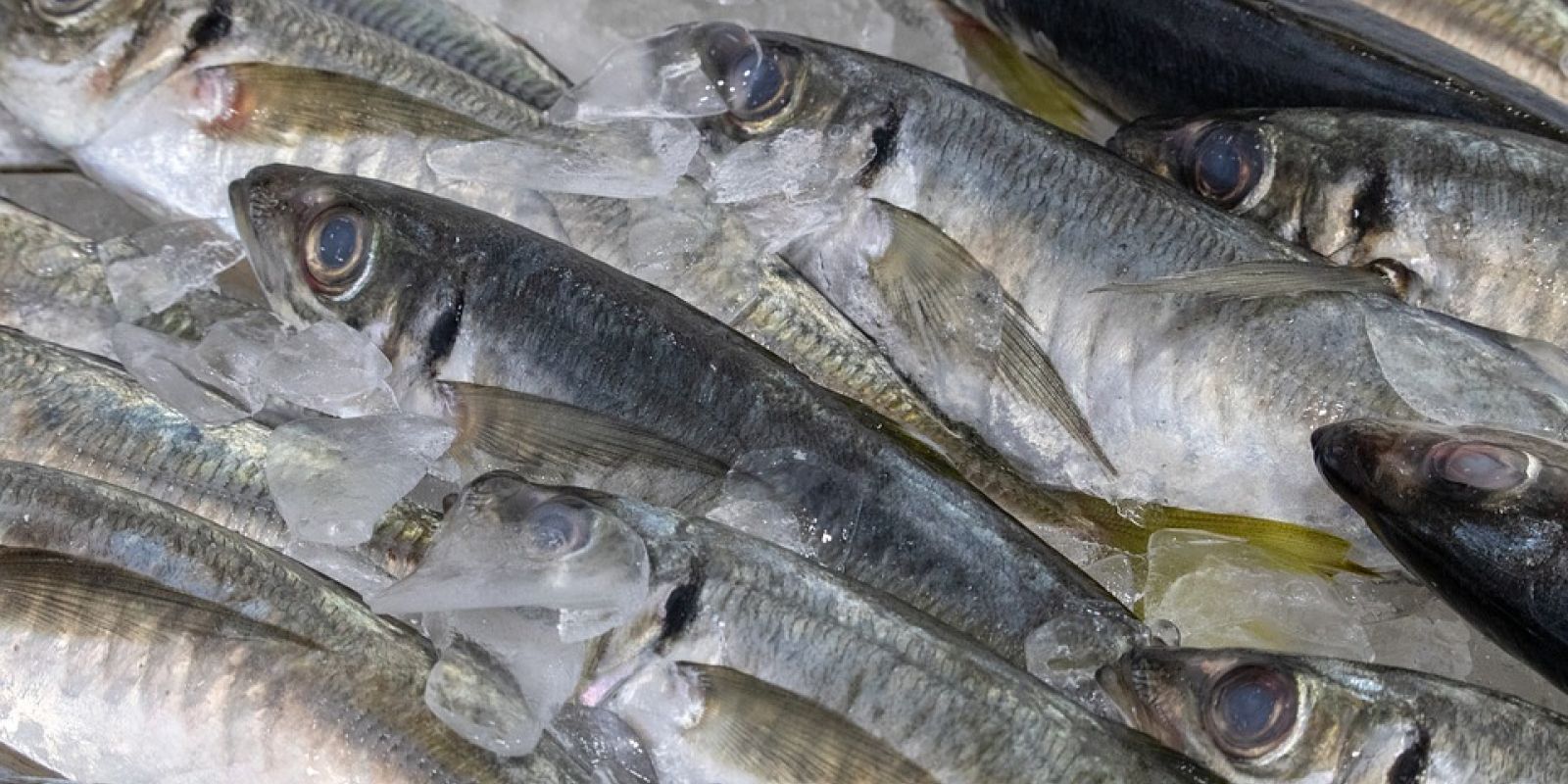The Greater Lincolnshire Seafood Cluster
A Sea of Change – How Greater Lincolnshire is committed to sustaining the UK's Increasingly Important Seafood Industry
Key partners across the region are working together to develop Greater Lincolnshire into a UK Food Valley; which will compete on a global scale. Schemes such as the development of the South Lincolnshire Food Enterprise Zone and the growth of the agri-robotics research hub have been influential in growing the cluster. Another major part of the equation is Seafood.
- The Grimsby Seafood Processing Cluster is the largest in Northern Europe and one of the largest in the Northern Hemisphere
- It employs nearly 6,000 people directly in over 50 approved seafood processing factories and trading businesses. Within the supply chain there are over 10,000 employees within businesses ranging from ports, logistics, distribution, cold storage, engineering, packaging and skills - to name but a few
- A large majority of the fish and seafood processed is imported. Fresh fish is predominantly imported from Iceland, Norway and Faroe Islands arriving on container or ro ro vessels at Immingham port. Frozen product also originates from these countries as well as Russia, USA, Turkey, India, China and many other countries that catch their fish and seafood sustainably
- All the major UK retailers and food service businesses have contracts to buy their fish and seafood products from Grimsby. Total sales of product processed or traded in Grimsby is circa £2bn
Extensive changes in the world are driving global food demand and fish is no exception. With more people to feed and living standards rising globally there is an increase in the demand for healthy proteins. Fish consumption is also growing strongly through higher per capita consumption in some of the markets where wealth is increasing the fastest and a consumer focus on adopting healthier diets in the West.
The result is that global per capita fish consumption continues to grow, rising from 17 kilos per person in 2009 (FAO) to 21 kilos in 2019, a 23% increase in a decade. With population also growing over this time period from 6.9 billion to 7.7 billion, up by 12% in a decade, the demand for fish is being driven strongly by both more people and more consumption per person.
The UK Seafood 2040 strategy, developed in partnership by the industry and government, commits the UK to aiming to increase fish consumption from 1.1 portions per person per week to 2.0 portions per week by 2040, signalling further strong growth in the UK seafood sector.
We are also seeing the balance between wild catch and farmed fish from aquaculture change. The Global Aquaculture Alliance (2019) has predicted that whilst global aquaculture is likely to have doubled from 47 million tonnes in 2006 to 94 million tonnes by 2030, this is in contrast to wild catch where they expect the harvest to fall from 65 million tonnes in 2006 to 58 million tonnes by 2030.
The UK is one of the top five EU aquaculture nations with particular strengths in salmon. However Europe as a whole has been slow to invest in aquaculture compared to many other parts of the world. Europe as a whole only represented 1.5% of global aquaculture production (EU Commission fact sheet) in 2015.
So how can Greater Lincolnshire develop its fish processing cluster?
Aquaculture, like all agricultural production, is a long term capital intensive business and is adopting technology to address challenges on productivity, pest and disease pressures and concerns over its environmental footprint. The Greater Lincolnshire LEP, along with our partners are committed to developing better technology and management, and ensuring farmed fish can provide complete traceability and meet our rising demand for fish and fish products, alongside a thriving and sustainable fishing industry in the UK and overseas.
To realise this we need investment by industry and government and with the Humber’s fishing heritage and fish processing sector, the region provides a natural home from which to lead such a programme of growth in both fish supply and its processing and distribution. The Greater Lincolnshire LEP is very keen to work with investors and other organisations on growing its leading seafood cluster. For more information contact: greaterlincslep@lincolnshire.gov.uk
This year, the NASF is returning virtually from 8th-10th June, and will see 160 executive speakers and organisations from across the globe uniting to discuss a range of key topics, from marine technology and the fishing industry, to markets & supply and sustainability. Don't delay - register your business to attend now!


